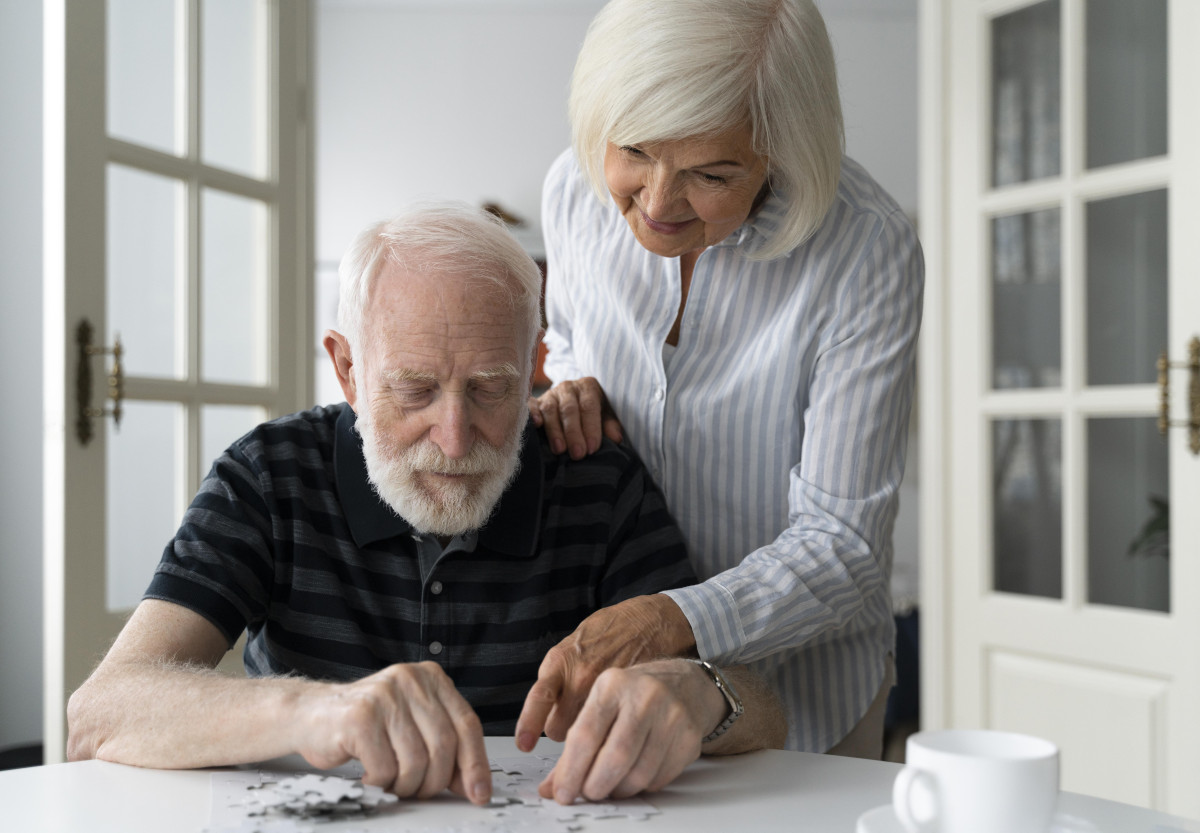Guiding and Caring for Loved Ones on Their Dementia Journey
Caring for a loved one diagnosed with dementia presents profound emotional challenges, and as the disease progresses, adjusting to the "new normal" becomes increasingly complex. According to the World Health Organization (WHO), over 15 million individuals in the United States are currently providing care for someone with Alzheimer's or dementia. As cases continue to rise, caregivers must navigate unpredictable mood swings, memory loss, and behavioral changes. For those seeking “memory care near me”, their latest blog post, "Dementia Care: Adjusting to Your New Normal," offers valuable insights and strategies to help ease the transition.
Key Highlights from the Blog:
- Educating Yourself on Dementia
Understanding dementia is the first step in preparing to care for a loved one. Knowledge of the symptoms, progression, and coping mechanisms allows caregivers to anticipate changes and develop practical care plans. Staying informed empowers families to adapt and provide the best care possible. - Prioritizing Self-Care
Caregiving is demanding, and caregivers often neglect their own well-being in the process. The blog emphasizes the importance of regular exercise, a balanced diet, sufficient sleep, and social interactions as key self-care practices that act as a mental health booster. By maintaining these habits, caregivers can safeguard their mental and physical health, ensuring they remain equipped to provide continuous care without experiencing burnout. - Practicing Patience
Patience is a vital skill when caring for a loved one with dementia. Behavioral issues, memory loss, and confusion can create moments of frustration, but setting realistic expectations and managing emotional responses can help reduce stress and create a more compassionate caregiving environment. - Keeping Communication Open
Open and clear communication with doctors, support networks, and loved ones is critical in dementia care. Caregivers are encouraged to seek advice from medical professionals and join support groups to connect with others facing similar challenges. Communication strengthens the caregiving process, fostering better understanding and collaboration. - Accepting Help from Others
No caregiver should have to go through the journey alone. The blog highlights the importance of accepting help from family, friends, or professional services. Asking for assistance ensures the well-being of both the caregiver and their loved one, preventing caregiver fatigue and providing moments of relief. - Contacting Memory Care Facilities
As dementia progresses, families may need to consider professional memory care facilities that offer specialized care in a nurturing environment. These homes provide constant supervision, medical support, and personalized care plans that enhance the quality of life for individuals living with dementia.
Adjusting to the New Normal
Caring for a loved one with dementia is a long and often emotional journey. With the right education, patience, and support, caregivers can provide compassionate care while safeguarding their own well-being. Assisted living can be a crucial resource for families as they manage these challenges. The blog, "Dementia Care: Adjusting to Your New Normal," offers actionable advice and serves as a helpful guide for those navigating this life-changing experience.


